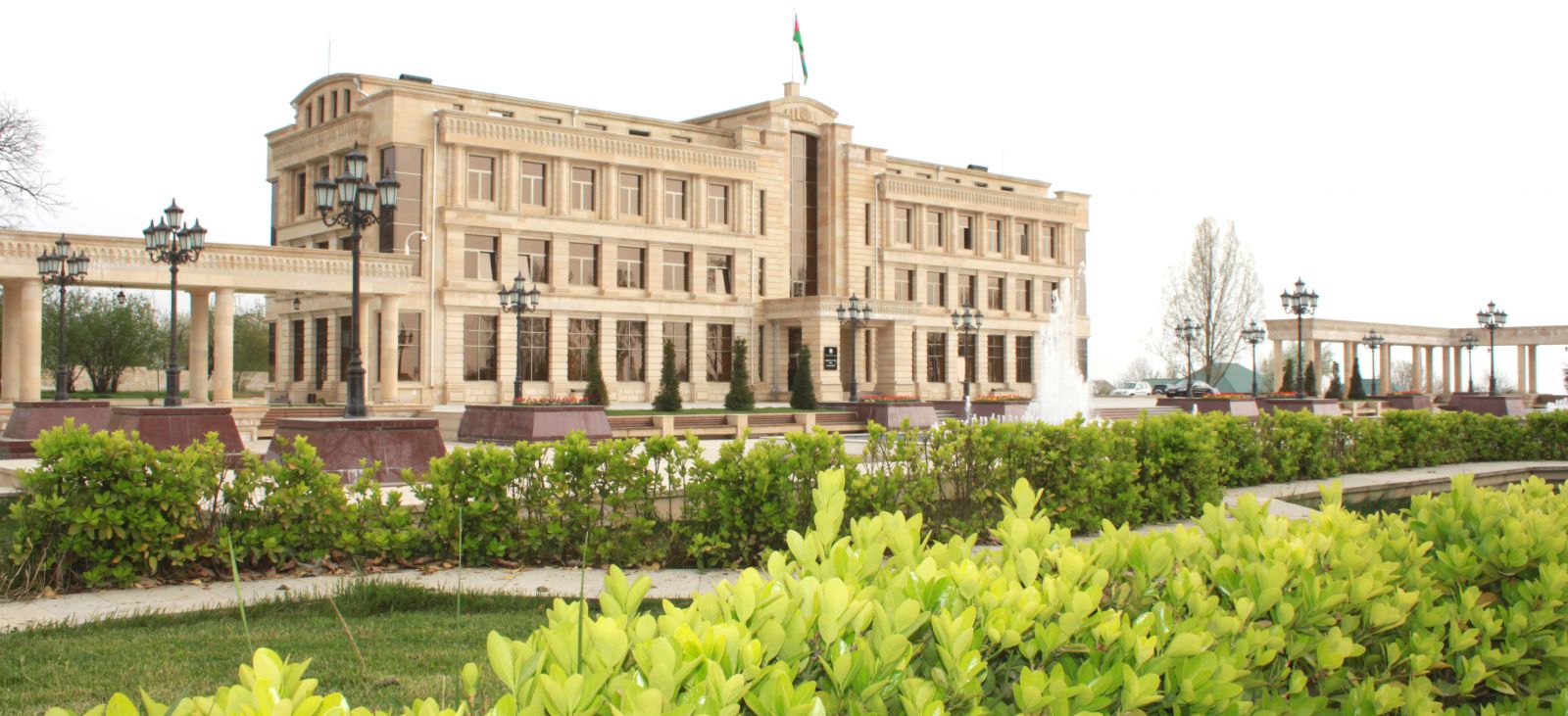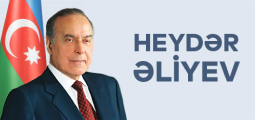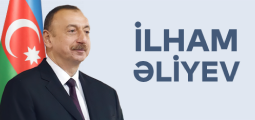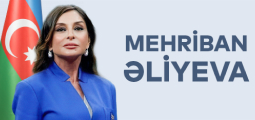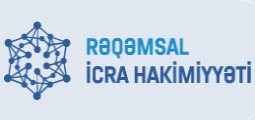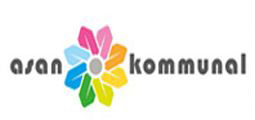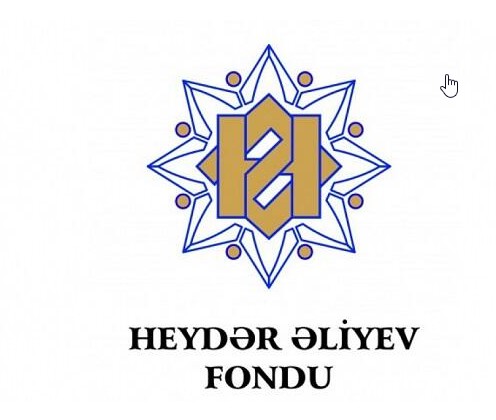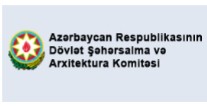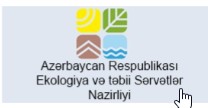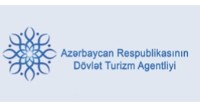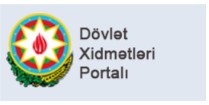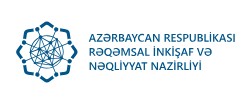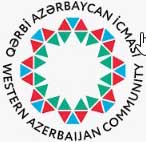The time has come for a more determined effort on the part of the OSCE Minsk group.
Given the fact that the "might makes right" principle is in effect in the world today, the President of Azerbaijan Republic Mr. Ilham Aliyev headed for a sustainable strengthening of the political, economic and military power of the country. Only in this case, formation of the OSCE Minsk Group policy, undertaking the mediation mission of the settlement of the Armenia-Azerbaijan Nagorno-Karabakh conflict, on restoration of justice, will find its solution. At present, this structure seems to be aimed not at resolving the conflict, but at preventing it from turning into war. Today, the OSCE Minsk Group does not make any diplomatic efforts, except for holding regular meetings of the co-chairs. The OSCE Representative on Freedom of the Media, the OSCE Office for Democratic Institutions and Human Rights are silent when Armenia is engaged in illegal settlement and the environmental situation in the occupied lands of Azerbaijan is deteriorating. They do not express their attitude to the transformation by the junta regime of the region into a base for drugs and weapons smuggling, to the fake elections held. On July 6, 2020, President Ilham Aliyev , in an interview with AzTV, ITV and Khazar TV channels, noted that from the very first days of coming to power, Nikol Pashinyan has put forward contradictory positions on the conflict settlement, and this is pathetic disappointment. Emphasizing these issues, the Head of State wants them to address declaration, first of all, to express their attitude to this irresponsible position of Pashinyan, negatively affecting the negotiations, and mention these issues in their declarations. It is particularly worth noting that President of Azerbaijan Ilham Aliyev, in his speeches from the highest international tribunes, has repeatedly noted that the oppressive regime of the middle ages prevails in Armenia and the Armenian people suffer the most from this regime. Today in Armenia, under the veil of democracy, human rights are grossly violated, political competitors are subjected to pressure and threats, and they are arrested. Hatred in Armenia has become a part of state policy. The dictatorship regime and the issue of democracy violation in Armenia has now become relevant at the level of the European Union. President Ilham Aliyev also showed OSCE Secretary General Thomas Greminger how difficult it is to talk to the head of a government that has formed such an anti-democratic regime and implements such mechanisms of punishment against political opponents. The Head of State also addressed a serious message to the Armenian leadership stating that they are responsible for violation of the negotiation process. This is an extremely serious message, meaning that Azerbaijan is committed to the policy of peaceful settlement of the Nagorno-Karabakh conflict. We prefer peace talks. According to Article 51 of the UN Charter, a state under attack has the right to self-defense. Yes, based on this Article, we can restore territorial integrity by military means. At the same time, according to Article 25 of the UN Charter, the implementation of decisions of the UN Security Council is mandatory. But Armenia ignores four resolutions of the Security Council. We hope that Armenia will be subjected to certain pressure within the OSCE Minsk Group, and we want to believe this. Otherwise, the situation may change in the most undesirable scenario. At the same time, Armenia may face defeat, the pathetical situation that arose four years ago during the April fighting may be repeated. Today, opinions are regularly voiced on changes to the format of the OSCE Minsk Group, which is engaged in the settlement of the Armenian-Azerbaijani Nagorno-Karabakh conflict. The inclusion of Turkey, Germany and other countries in this format has been suggested many times. At the same time, proposals to re-raise the issue of conflict resolution at the UN level have become relevant. However, it seems that during the 28 years of the Minsk Group, no result has been achieved in the settlement of the Nagorno-Karabakh conflict, and the format has not changed. Azerbaijan is a country suffering from this conflict. However, despite this, we see that the OSCE Minsk GROUP co-chair countries, calling themselves "ambassadors of peace", do not put Armenia under any pressure in practice. They must proceed to action. In other words, you should speak to the occupiers in their language. The call by the Minsk Group co-chairs of Azerbaijan and Armenia for peace and compromise is not normal, since the Armenians have occupied the lands of Azerbaijan, and we are the suffering side. However, unfortunately, the OSCE Minsk Group is not fair-minded in resolving the conflict. How correct is it to speak the same language with the occupier and the occupied country? This approach is not ordinary. The time has come for a more determined effort on the part of the OSCE Minsk group.

